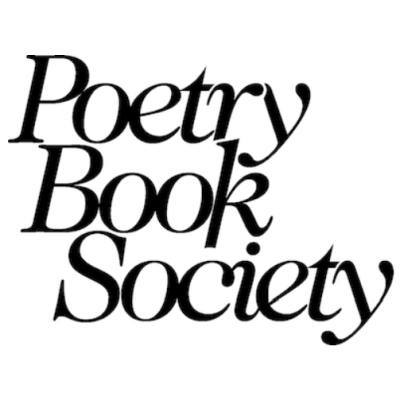"My residency began just after the Brexit vote. As I read through the interviews, looked at the photos, listened to the audio, watched the footage, it struck me that the events of the present were eerily similar to the events up to and after the New Cross Fire. Then in June 2017, Grenfell happened. Institutional indifference to working class lives had left nearly eighty people dead. The Windrush scandal was reminiscent of right-wing calls for black repatriation.
The archive became, for me, a mirror of the present, a much needed instruction manual to navigate what felt like the repetition of history. The most chilling aspect of this was the lack of closure, the lack of responsibility and the lack of accountability at the centre of both the New Cross Fire and Grenfell. And the more I read and discussed, the more vexed the relationship between public narration and private truths appeared. I realised I was one of many who had visited the archives and come to a similar conclusion about the tragic and ill-concluded nature of the case.
Many questions emerged not only about memory and history, but about my place in Britain as a queer black person. This opened out into a final sense of coherence: I am from here, I am specific to this place, I am haunted by this history but I also haunt it back."
The Uprising documentary also featured the dub poet and activist Linton Kwesi Johnson (born 24 August 1952), is a Jamaican dub poet and activist who has been based in the UK since 1963. His poetry is often performed in collaboration with reggae musicians. You can listen to his powerful performance of 'New Crass Massahkah' on Youtube here.
You can also read more of Linton Kwesi Johnson's work in this Penguin Selected Poems featuring his poems from over three decades. Ranging from protests against police brutality to eulogies for departed friends and playful celebrations of urban life in Jamaican patois, this Selected Poems charts the unique literary talent of one of Britain's most influential poets and social critics.
